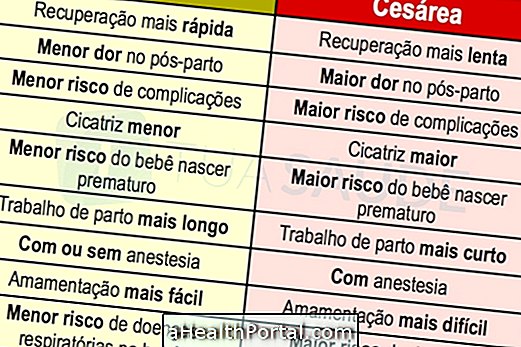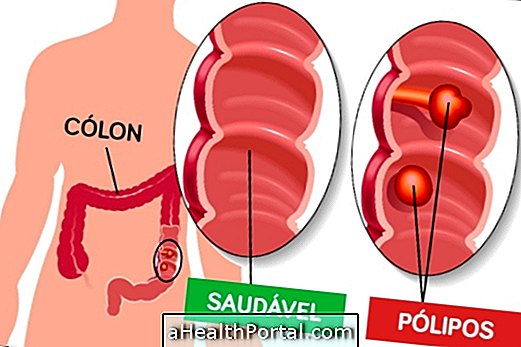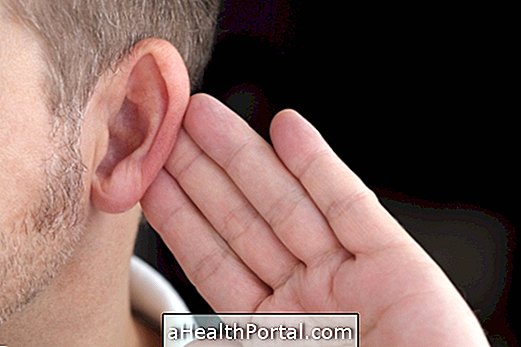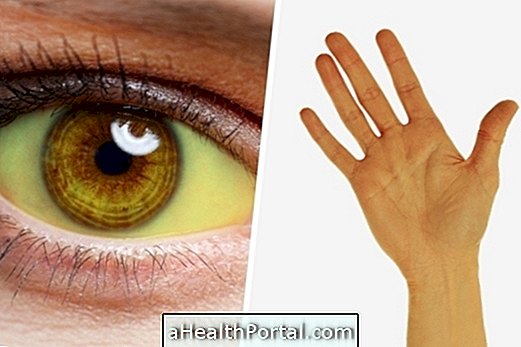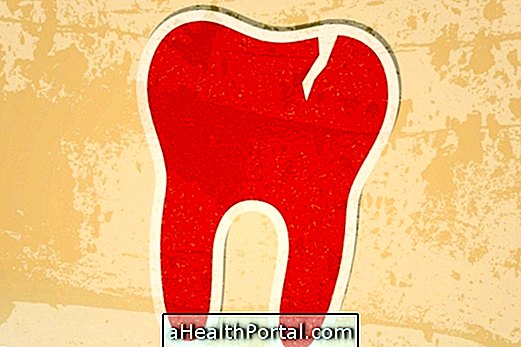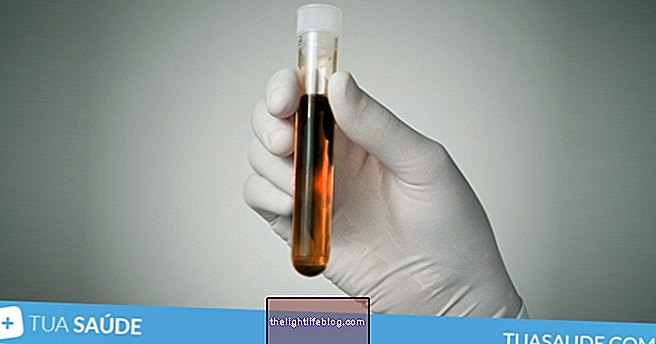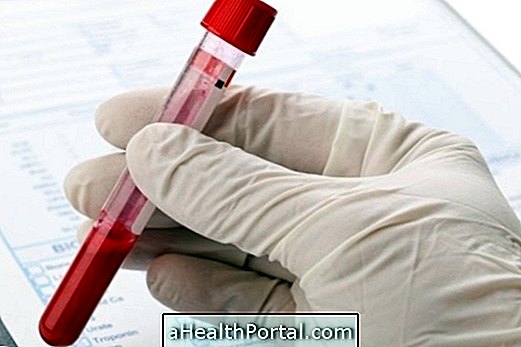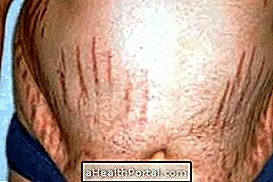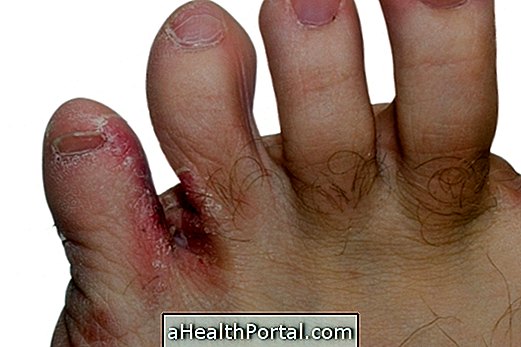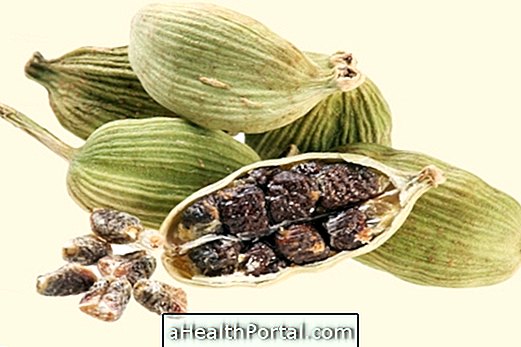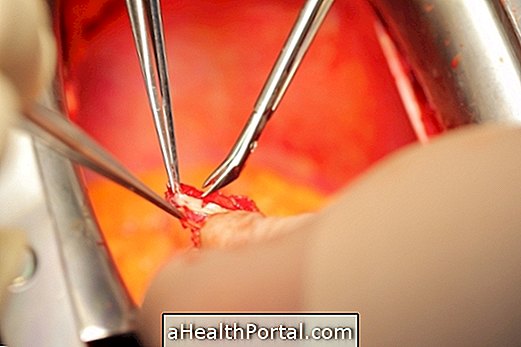The cure of Ebola depends on each patient's immune system because there are no specific remedies or vaccines for the disease, so most patients die.
However, there is a greater chance of cure when the patient has a resistant and well-nourished organism, unlike in most African patients who are normally malnourished and more vulnerable to any disease.
Although there is no specific remedy to cure Ebola, some patients treated with drugs to relieve symptoms have been able to eliminate the virus from their body.
However, there is a remedy called ZMapp that contains antibodies capable of destroying the virus and which has been able to achieve healing in monkeys. This drug is still in the testing phase for humans.
How is Ebola treated?
The treatment of Ebola is to keep the patient comfortable, through the use of medicines that control pain, fever and vomiting.
During treatment, which can last for 1 month, the patient should stay in isolation to prevent the virus from spreading.
Signs of Ebola Improvement
Signs of Ebola improvement may take a few weeks to emerge, and usually include:
- Decreased fever;
- Reduction of vomiting and diarrhea;
- Recovery of the state of consciousness;
- Decreased bleeding from the eyes, mouth and nose.
Usually, after treatment, the patient still needs to stay quarantined and have blood tests done to ensure that the disease virus has been eliminated from his body and that he no longer presents risk of transmission to other people.
Signs of worsening Ebola
Signs of worsening Ebola are most common after 7 days of onset of early symptoms and include dark vomiting, bloody diarrhea, blindness, kidney failure, liver or coma problems.






